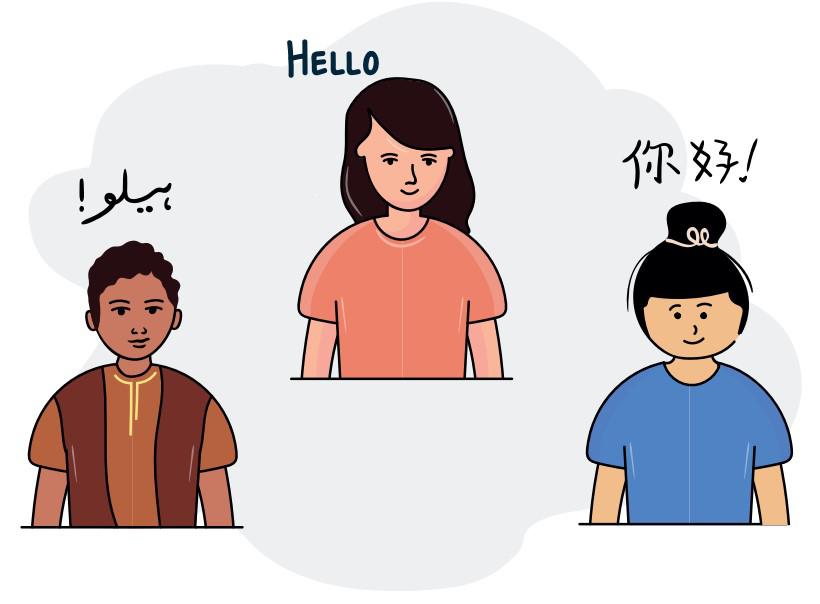
An unaccompanied asylum seeking child (UASC) is defined by the Home Office as a young person under the age of 18 making an application for asylum in his or her own right in the UK and is not being cared for by an adult who, by law or custom, is responsible for doing so.
Our Peterborough children and young people have told us that they prefer the term Unaccompanied Child in Care (UCiC) and therefore this language is used in Peterborough.
A child or young person who is unaccompanied and seeking asylum, will be regarded as in need of accommodation provided under Section 20 Children Act 1989, until an assessment concludes that they are no longer in need of this service.
Upon arrival (either as an LA transfer or Spontaneous Arrival) Peterborough Virtual School will initiate a Personal Education Plan (PEP) electronic document; this will include collecting information on the previous education experience - including first language literacy and numeracy ability.
Statutory School Age
Young people with a date of birth that entitles them to a school place will be entered into a school near to where they are living. We will only apply to schools with an Ofsted rating of ‘Good’ or ‘Outstanding’ (unless exceptional circumstances preclude it). Depending on where the young person is living, some Local Authorities are providing a 14–16-year-old ESOL offer at a Further Education College. If the student is of Statutory School Age and not accessing education, all effort will be made to provide interim alternative provision as with other children in care.
Creating education provision for UCiCs in Key Stage 4 (particularly in Year 11) can seem daunting, and many schools worry that they will not be able to meet the needs of the young person. There are however many stories across the City of UCiC thriving in schools despite initial anxieties from both the school and child.
Further Education
Young people with a date of birth that means they are entitled to Further Education will be supported to enrol at a local college. Most of our UCiC have English as an Additional Language (EAL) so are likely to be enrolled onto ESOL provision (English for Speakers of Other Languages). Colleges require a level of competence in English before the young person can access their other courses. Similarly, if a child is Post 16 and not in education, employment, or training (NEET), a NEET PEP will be completed to monitor this and actively support the individual to move into education, employment or training (EET), linking in with Key Workers, Social Care and local Transition Advisors.
As with the rest of the Virtual School cohort, all UCiC in education will receive termly PEP review meetings to monitor attainment and progress. The Virtual School quality assure all of these to make sure aspirations are raised and achievements are met. Due to Visa restrictions, unless the young person has “Leave to remain” Education is their only option, as they are not allowed to work so cannot access apprenticeships, employment etc.)
In 2018 Unicef published a report on access and equality of education for refugee and asylum seeking children, and found that up to a quarter of children were waiting over 3 months for a school or college place. In order to improve access to education for asylum seeking children, Unicef recommends that Schools develop a school-wide ethos of welcome to refugee and asylum seeking children. It is not possible to rely on a small number of schools, but instead every school in Peterborough should aim to be inclusive and welcoming to this cohort of children.
Our colleagues in Barnet Virtual School have produced a a series of videos and booklets about the Post 16 British Education System for Unaccompanied Asylum Seeking Children arriving in the UK. The information is provided in eight languages: English, Arabic, Dari, Kurdish, Pashto, Albanian, Amharic, and Ukrainian.


